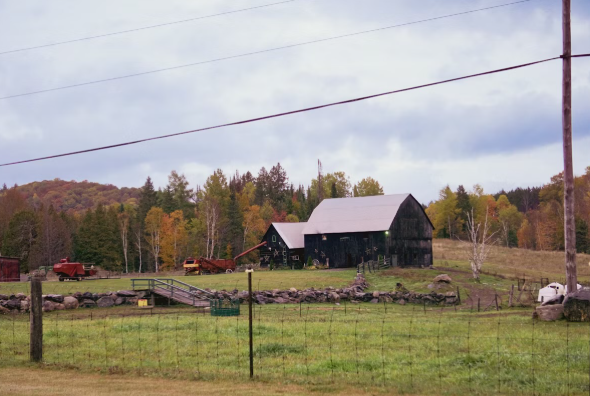Selling rural property comes with its own unique set of considerations. Unlike urban real estate, rural land often involves larger plots, agricultural or mixed-use potential, and a slower market pace. So, how do you know if your rural property is worth selling? A seasoned real estate agent can offer valuable insights into timing, pricing, and marketing strategies.
Below are five key points to help you decide whether it’s the right time to list your rural property.
1. Understand the Current Rural Market Demand
Before putting your rural property on the market, it’s essential to understand the current demand. Are people moving away from cities seeking more land and privacy? Are investors looking for farmland or development opportunities in your area? A real estate agent can provide comparative market data and trends specific to rural zones.
If the market is favorable—meaning there are buyers actively searching for land like yours—it could be the perfect time to list. On the other hand, if demand is low, you might be advised to wait or adjust your pricing strategy.
2. Consult a Rural Property Realtor
Rural properties differ significantly from suburban homes, and not every agent has the expertise to handle them. This is why consulting a rural property realtor is crucial. These professionals specialize in evaluating, marketing, and selling properties in less populated regions.
They understand zoning laws, water rights, soil quality, and other rural-specific concerns that can greatly impact property value. A rural realtor can also highlight unique selling points—like access to hunting grounds, natural resources, or livestock infrastructure—that appeal to the right buyers.
3. Assess Property Condition and Upgrade Potential
Another factor to consider is the condition of your property. Are the buildings, fences, and access roads in good shape? Do you have functional utilities and clean land records? Even minor upgrades can significantly boost the appeal and price of rural property.
An experienced agent will help you identify cost-effective improvements that make your land more marketable, such as clearing overgrown areas or repairing outbuildings. These insights ensure that your investment in upgrades results in a higher return when the property sells.
4. Partner with a Real Estate Seller’s Agent
If you decide to move forward with selling, working with a dedicated real estate seller’s agent can streamline the process. Seller’s agents focus on representing the best interests of property owners. They help you determine a competitive listing price, create targeted marketing plans, and manage negotiations with buyers.
For rural listings, they may use drone photography, video tours, and online platforms to showcase the land to remote buyers. Their goal is not just to sell your property, but to sell it for the best possible price and terms.
5. Consider Your Long-Term Financial Goals
Finally, think about how selling your rural property fits into your larger financial picture. Do you have plans to relocate, downsize, or invest in a new business venture? Your real estate agent can help evaluate whether selling now aligns with these goals.
They can provide a net proceeds estimate after taxes and fees, helping you make a fully informed decision. In some cases, holding onto the property may be more beneficial—especially if the market is expected to rise.
In conclusion, your rural property might be more valuable than you think. With the right advice from a qualified agent, you can confidently decide whether it’s time to sell.

